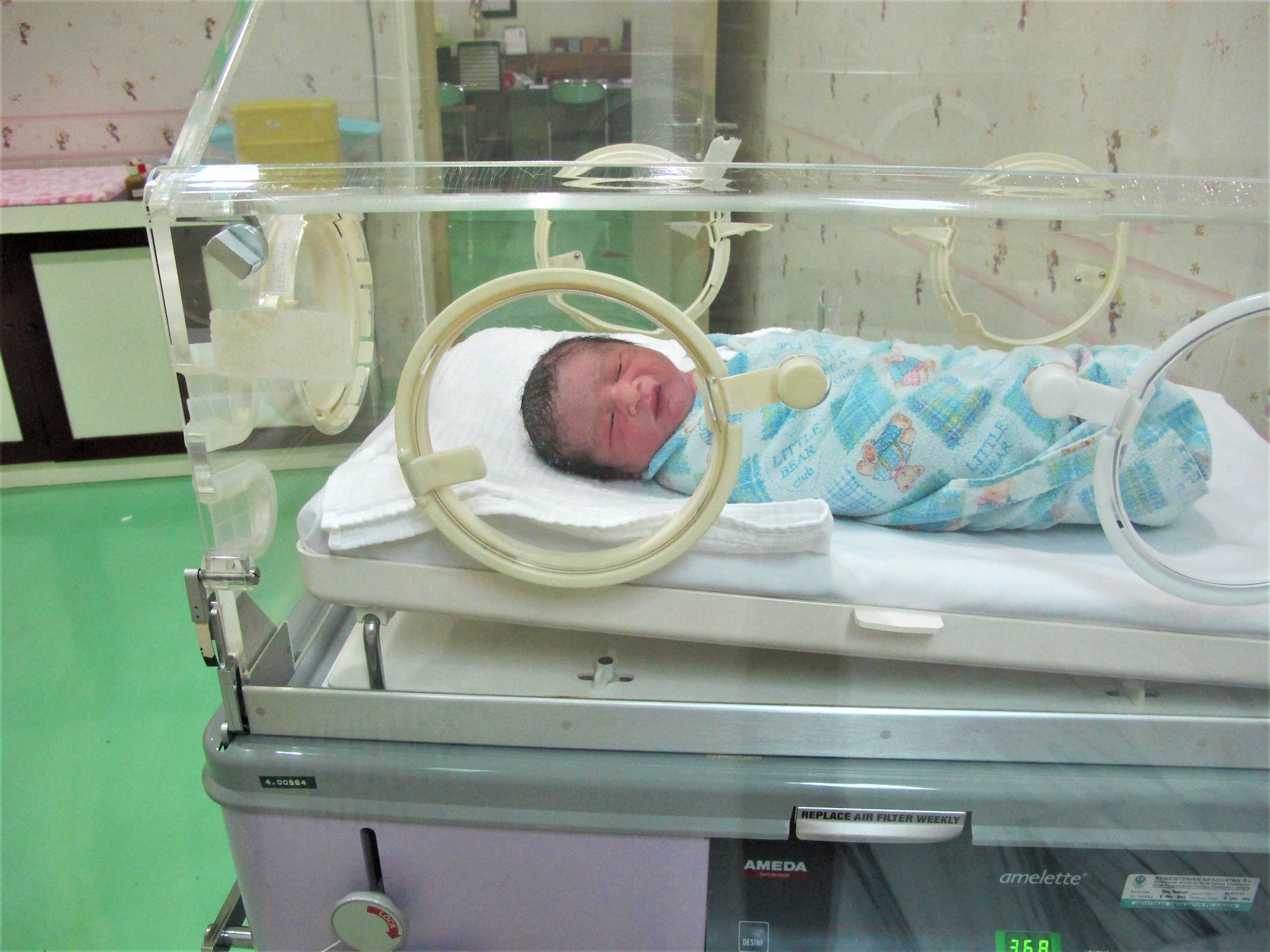UNICEF spokesperson Johnathon Crickx said, “We have currently 120 neonates who are in incubators, out of which we have 70 neonates with mechanical ventilation, and of course this is where we are extremely concerned.”
According to the UN Population Fund, roughly 160 women give birth every day in Gaza, and there is an estimated 50,000 pregnant women across the area, which has a population of around 2.3 million.
On Saturday, 20 trucks carrying humanitarian aid crossed Egypt and entered Gaza, but Israel continues to block critical fuel and electricity supplies, putting hospitals and other essential services at risk.
Throughout the month, hospitals in Gaza have been facing a serious lack of medicine, fuel, and water supplies, while thousands upon thousands of Palestinians are critically injured by Israel’s constant bombardments on Gaza.
There are seven specialist wards treating premature babies across Gaza, and their biggest concern is power. The wards help babies breathe and provide critical support.
Gaza’s Health Ministry has said that 130 or more premature babies are at risk of death due to the power shortages.
“If they [babies] are put in mechanical ventilation incubators, by definition, if you cut the electricity, we are worried about their lives,” Crickx told the AFP news agency.
Another major concern comes from the recent evacuation orders sent to hospitals in north Gaza.
Palestinians in Gaza have been receiving warnings from Israel’s military to move from north Gaza to the south of the Strip. The Israeli military also threatened that Palestinians could be identified as “terrorist sympathisers” if they do not evacuate as they are told.
World Health Organisation (WHO) Director-General Tedros Adhanom Ghebreyesus said on ‘X’ (formerly Twitter) that “it is impossible for these overcrowded hospitals to safely evacuate patients.”
“They must be allowed to perform their lifesaving functions. They must be protected.”






